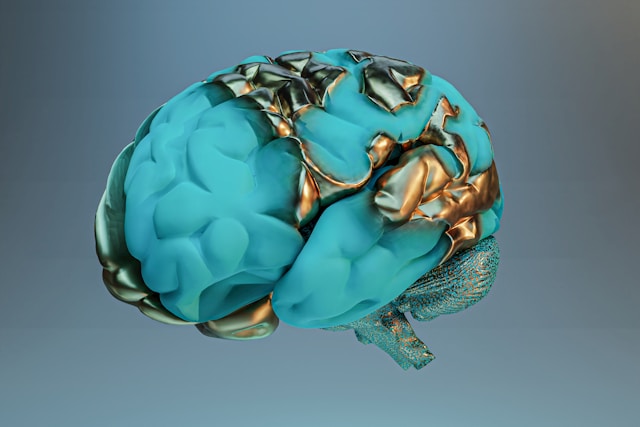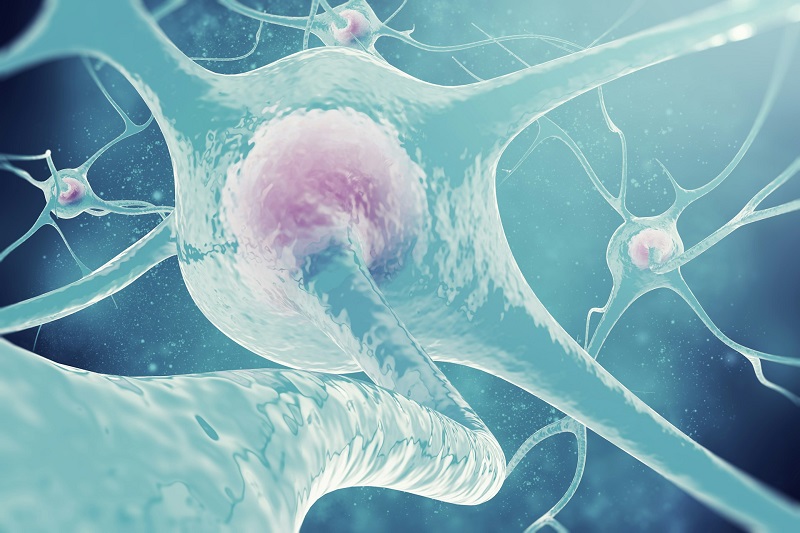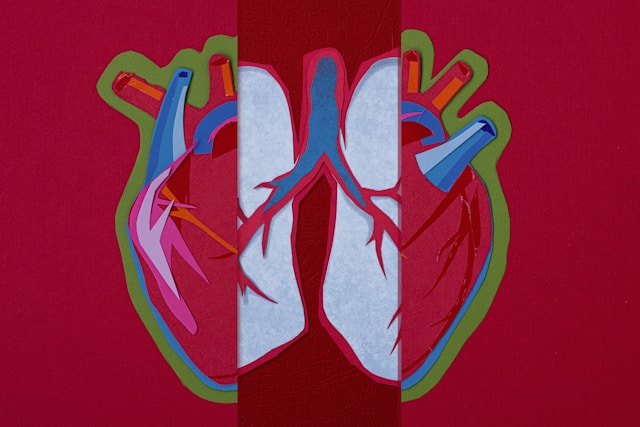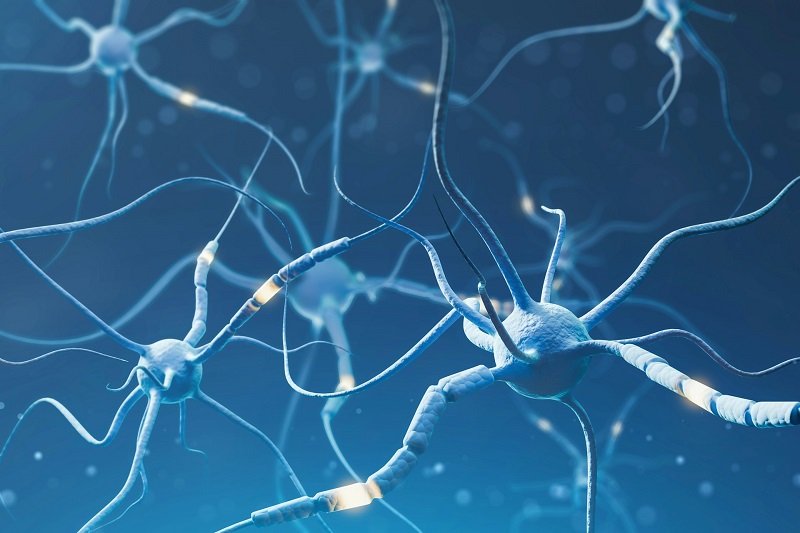Hidden beneath the forest floor, the humble millipede may hold the key to treating pain and neurological diseases. Scientists at Virginia Tech have...
Vous n'êtes pas connecté
 - KNOWRIDGE.COM - A La Une - 29/Jul 10:39
- KNOWRIDGE.COM - A La Une - 29/Jul 10:39
Millipedes may hold the key to future brain drugs
Millipedes may look a little creepy with their many legs, but scientists are discovering that these creatures could help us develop new medicines for treating pain and brain disorders. A research team led by chemist Emily Mevers recently found new natural compounds in millipede secretions that can affect brain function in ants, which may one […] The post Millipedes may hold the key to future brain drugs appeared first on Knowridge Science Report.
Articles similaires
Do Millipedes Hold Key to Pain Relief, Parkinson's Treatment?
SATURDAY, August 2, 2025 — To fend off predators, millipedes release defensive compounds that could one day play a part in treating pain and...
Do Millipedes Hold Key to Pain Relief, Parkinson's Treatment?
SATURDAY, August 2, 2025 — To fend off predators, millipedes release defensive compounds that could one day play a part in treating pain and...
Boosting a brain enzyme may help reverse Alzheimer’s damage, study suggests
Scientists at Cedars-Sinai have found a way to restore the function of key brain immune cells in mice with Alzheimer’s disease—an advance that...
Boosting a brain enzyme may help reverse Alzheimer’s damage, study suggests
Scientists at Cedars-Sinai have found a way to restore the function of key brain immune cells in mice with Alzheimer’s disease—an advance that...
Tow cancer drugs may reverse Alzheimer’s symptoms
Scientists from UC San Francisco and the Gladstone Institutes have made a discovery that could offer new hope to people with Alzheimer’s disease....
Tow cancer drugs may reverse Alzheimer’s symptoms
Scientists from UC San Francisco and the Gladstone Institutes have made a discovery that could offer new hope to people with Alzheimer’s disease....
Why heart failure drugs still important after recovery
People with heart failure often take several medicines to help their heart work better and prevent serious problems. Heart failure means the heart...
Why heart failure drugs still important after recovery
People with heart failure often take several medicines to help their heart work better and prevent serious problems. Heart failure means the heart...
Type 2 diabetes may rewire the brain like early Alzheimer’s
New research suggests that Type 2 diabetes may change the brain in ways that look a lot like early Alzheimer’s disease. Scientists from the...
Les derniers communiqués
-
Evergreen Elevate Heads to Australia to Empower MSPs with Valuable Strategies and Insights on Better M&A Practices
Evergreen Elevate - 29/07/2025




